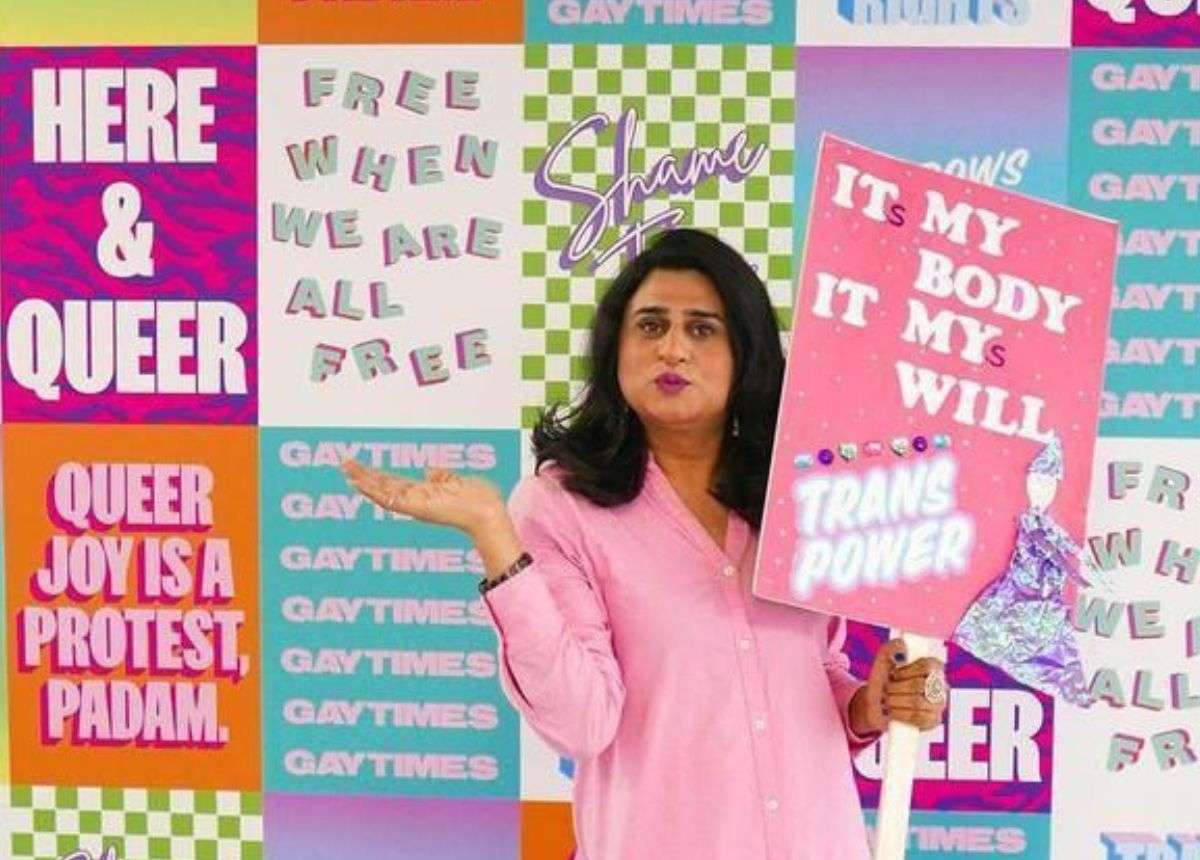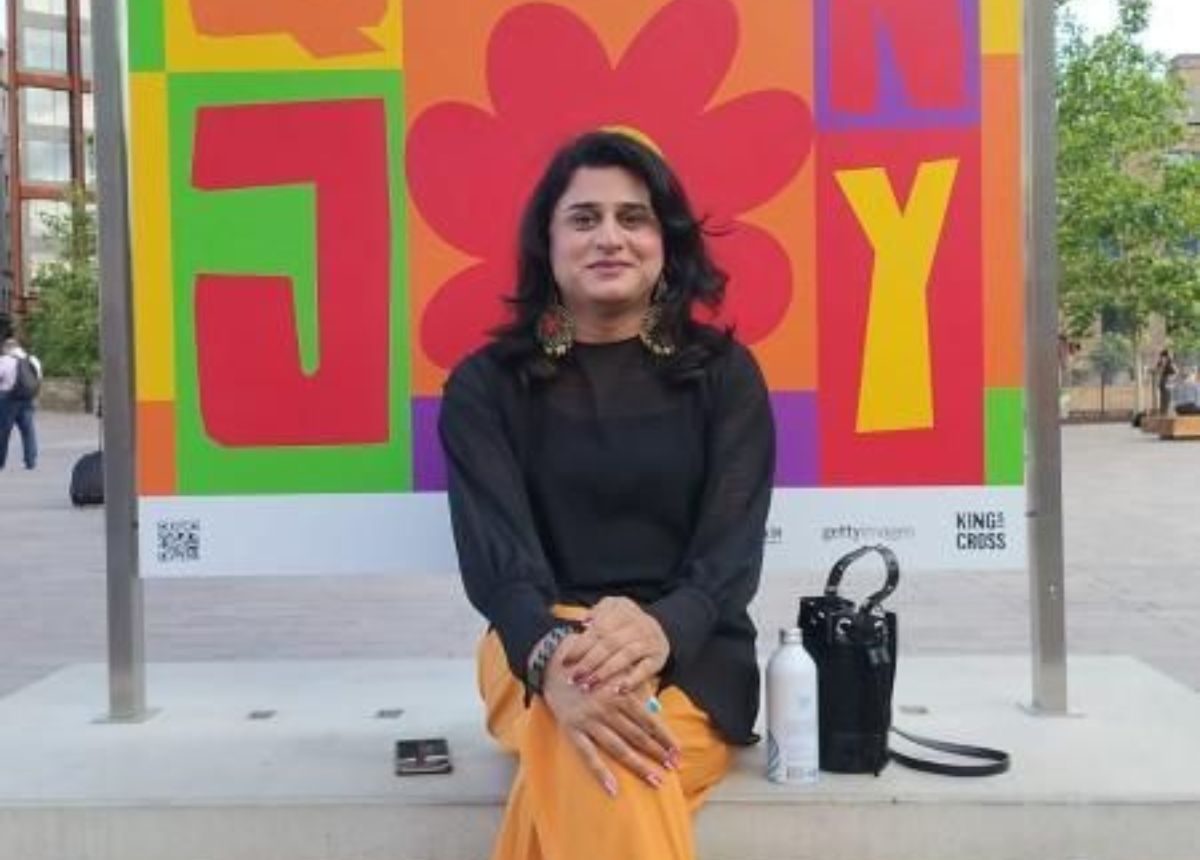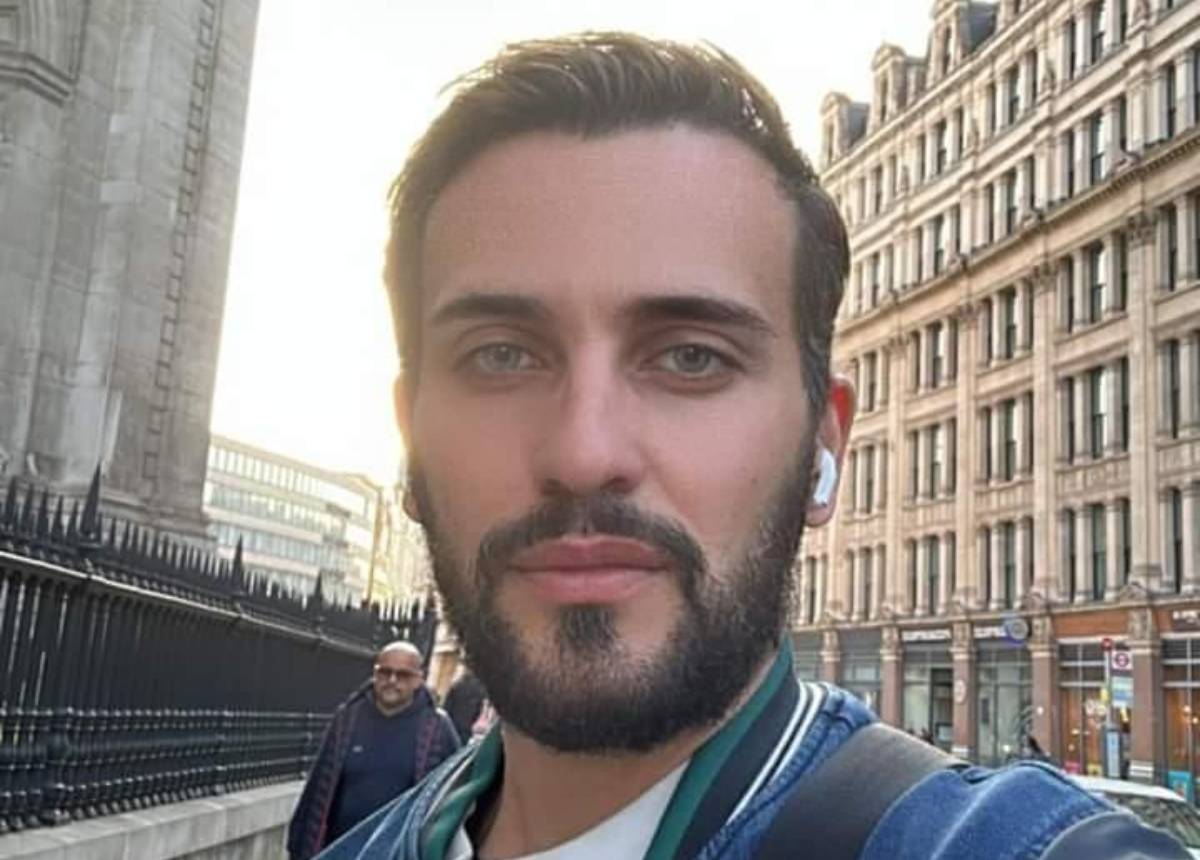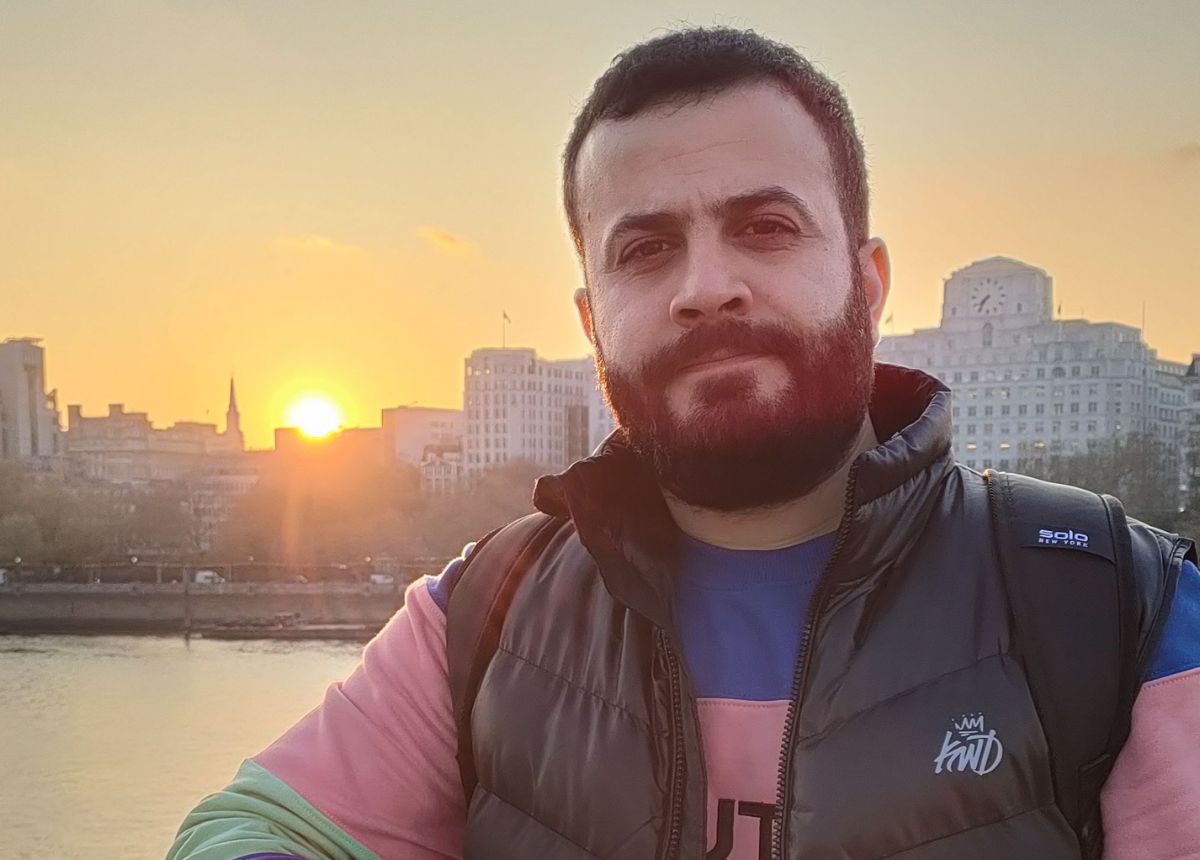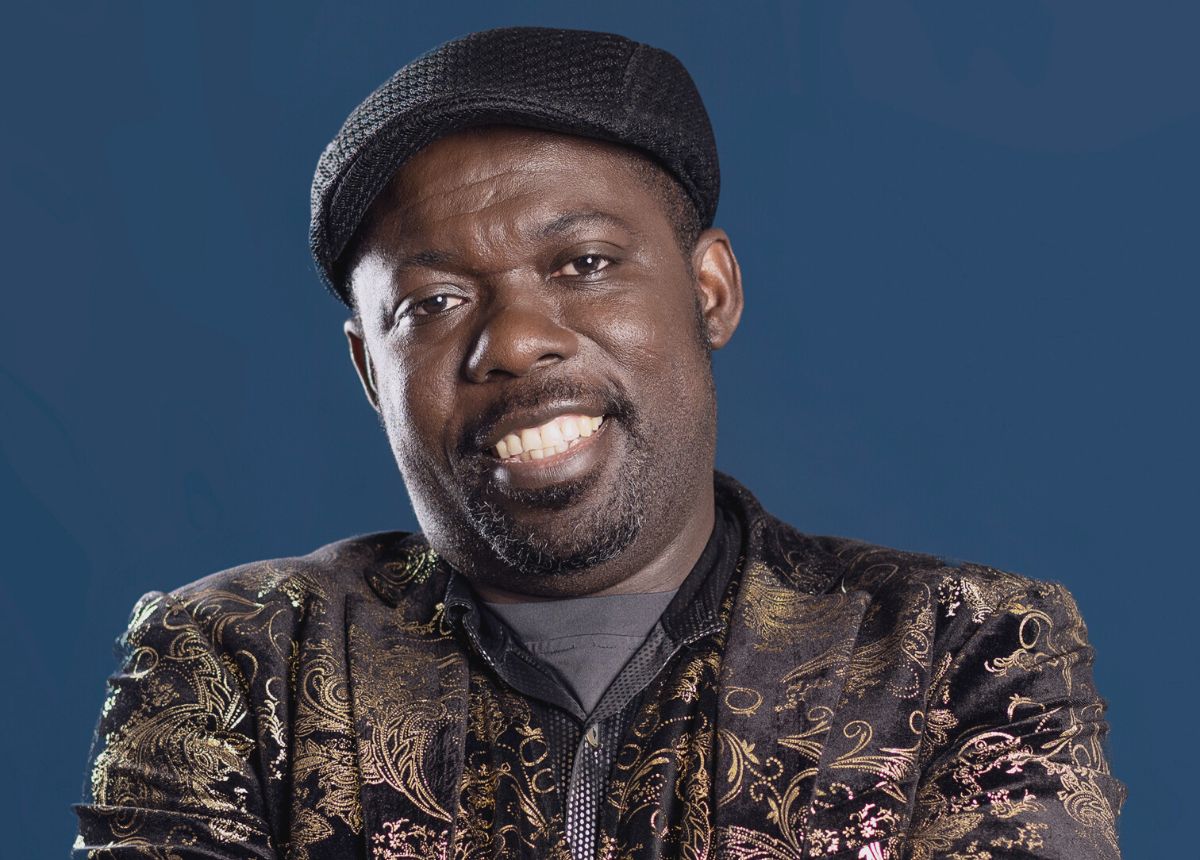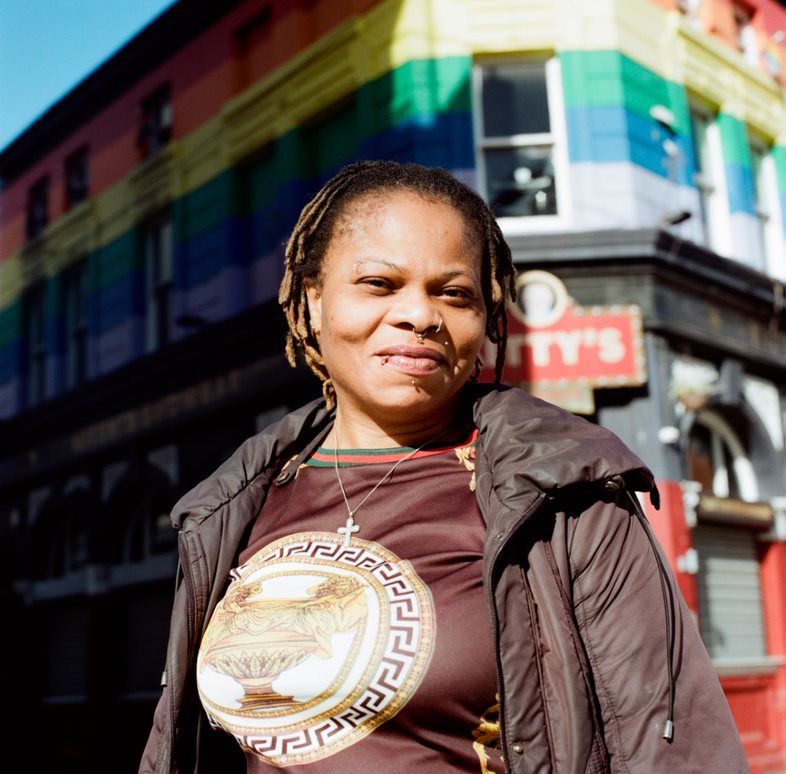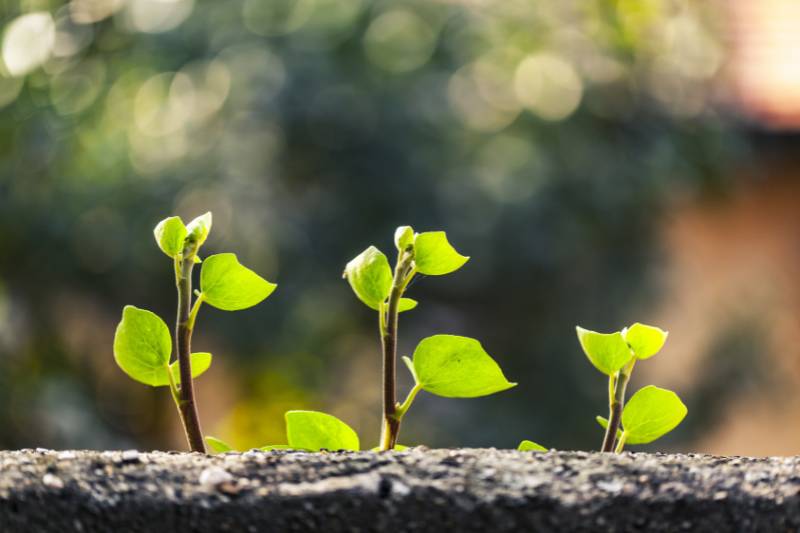Bahiru's story
Some people may find the topics discussed in this article triggering. This article reflects people’s stories and the hardships they have faced. If you are an LGBTQI+ person seeking asylum and would like to access emotional support please contact us.
Bahiru fled Ethiopia, his country of origin, to claim asylum in the UK in 2016 when he was outed as a member of an underground LGBTQI+ network. Bahiru explains his experience of the UK asylum system and why he thinks the Home Office’s treatment of LGBTQI+ people in the asylum system is deeply flawed.
Ethiopia is a strongly conversative religious country, and homophobia is deeply engrained. Bahiru says that homosexuality is deeply taboo, (“I learnt that who I am was wrong through the Church teaching,”) and Bahiru, like many LGBTQI+ people in Ethiopia, for a long time tried to deny his sexual orientation. He knew that coming out as LGBTQI+ would not only have been dangerous for himself, but also for his family, who would have to disown him or suffer serious consequences.
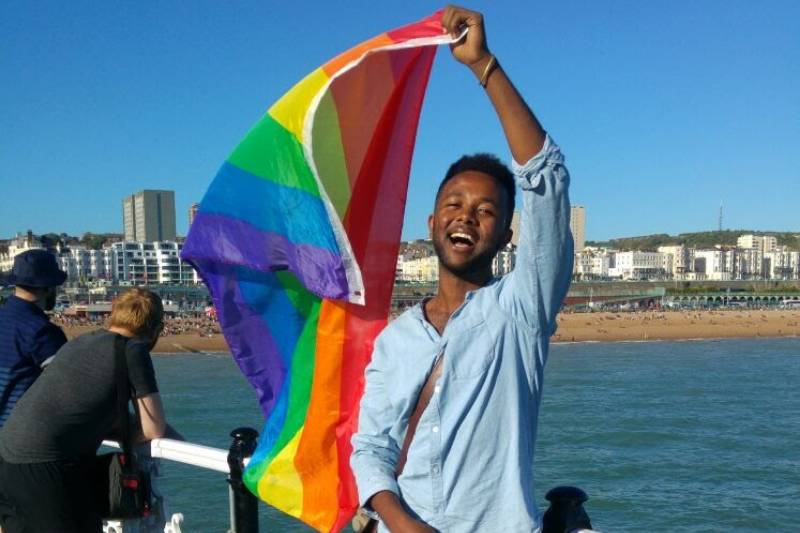
While same sex relationships are punishable by up to 15 years in prison in Ethiopia, Bahiru was more concerned about the societal risks. He says that unlike in the UK, there is no welfare system in Ethiopia and coming out as LGBTQI+ to his community in Ethiopia “would [have] been a social death sentence for my family and for me.” The stigmatisation of homosexuality in Ethiopia, Bahiru says, meant that if his sexual orientation was ever found out “it would probably be my family who would be the first ones to throw a stone at me.”
Despite these real risks, Bahiru realised that his feelings were not going to go away. Instead, he says he started “to look for people, if there are any in Ethiopia, that are like me.” Bahiru found that he wasn’t alone. He started to talk to and make friends with other LGBTQI+ people online and even met his first boyfriend. Before long, Bahiru was part of a small, secret LGBTQI+ group.
“People usually ask me: why did you leave home? That’s the question. My answer is very simple, because I choose to be alive elsewhere rather than die in the place I call home. It’s that simple… because I wanted to live.”
However, Bahiru realised that many LGBTQI+ people he talked to were deeply uninformed about LGBTQI+ issues, especially about safe sex. He says “many people didn’t know basic information… I had a conversation with a group of young gay men about safe sex and how they do not know or were not informed about it.” He was shocked, but understood, he explained “sex is not discussed in our culture, let alone sexuality.” Recognising the need for items like condoms and lubricants, which were unavailable in Ethiopia, Bahiru and his friends began asking people who were travelling to bring them back so they could distribute them.
People started approaching Bahiru and his friends asking questions and advice about LGBTQI+ issues and for condoms and lube. Bahiru was surprised about how quickly helping a few friends had snowballed into a project to educate and provide support, he says “we didn’t know that it was going to be a full-blown, big scale project that we had started… We didn’t think ‘we need to work on gay rights’, it didn’t happen that way. We just saw the need of a few people and we started reaching out to them.”
However, while the demand showed there was a big need for their work, the popularity meant that Bahiru and his friends were increasingly at risk. The prohibition of same-sex relationships and the fact that, at that time, conducting human rights work in Ethiopia was illegal meant Bahiru faced a two-factor danger. Every day that Bahiru continued to promote and educate on LGBTQI+ rights aggregated this danger.
The group that Bahiru helped start begun to receive messages social media, telling them that the work that they did was against Ethiopian values. These messages soon escalated to threats, and one day someone threatened to release the names and photos of everyone in the group if they didn’t stop their work.
On top of this, their group’s safe house was raided by police without court warrant three times. It was no longer safe for Bahiru and his friends to continue doing their work.
Bahiru says “my very existence in Ethiopia was a threat to my life,” he felt like he was constantly watching over his shoulder, scared about what would happen. He knew he had to leave and managed to secure a visa to visit the UK.
“I knew I would never be able to go back to Ethiopia and I knew the reality of my situation, but at the same time, cutting that relationship off with my home country was not an easy decision.”
When he came to the UK, claiming asylum was on the top of his agenda. He went to the Rainbow Migration offices (at that time called UKLGIG). He says “I met with the UKLGIG director, and he explained to me how it would work, what I would need.” In the conversation Bahiru realised what claiming asylum would mean, he says “I knew I would never be able to go back to Ethiopia and I knew the reality of my situation, but at the same time, cutting that relationship off with my home country was not an easy decision.”
Bahiru felt torn, while he knew he couldn’t return to Ethiopia, he also knew that claiming asylum might mean that he would never see his family again and that he would have to give up his work promoting LGBTQI+ rights in Ethiopia. Bahiru was also scared about being detained during his asylum claim. He was fleeing persecution, and detention felt like an extension of all the things he was trying to escape.
Despite his fears, Bahiru did claim asylum. He knew he had no other options. Fortunately, he was not detained. Instead, he moved into Home Office accommodation, but he remembers this as a deeply unpleasant experience. Many of those who stay in Home Office accommodation are from countries where homophobia is prevalent. The Home Office does not have specific accommodation for those that identify as LGBTQI+ and Bahiru had to share accommodation with people who were openly homophobic. “I didn’t feel safe,” Bahiru says, but he also didn’t feel like he could speak up; he didn’t want to compromise his asylum claim. Instead, Bahiru spent his time in Home Office asylum accommodation trying to be noticed as little as possible and concealing anything he thought might identify him as gay. The exacting self-vigilance was similar to Bahiru’s experience of concealing his sexual orientation in Ethiopia, something he was trying to leave behind.
Bahiru says that this is just one of the many unseen difficulties that LGBTQI+ people face that exacerbate the burden of claiming asylum. Another example Bahiru points to is that many LGBTQI+ people are often excluded from the communities from their countries of origin when claiming asylum. Bahiru says that he would not have been able to go to the Ethiopian church or join in with the Ethiopian community in London when he was claiming asylum, “just because they left home, doesn’t automatically take away their homophobia… they aren’t going to take me in if they know I’m gay.” Bahiru highlights how important a sense of community and support is in ensuring resilience within the long and difficult process of claiming asylum. Without this, and with numerous additional challenges, LGBTQI+ people face a much heavier burden in navigating the asylum process.
Bahiru just kept his head down and tried to survive. He recalled how shocked people were when he told them he survived on £36 a week, “they honestly thought that the UK gives people seeking asylum a lot of money,” he said, “that’s how the media presents it.” He objects to the media narrative of lazy, opportunistic asylum seekers, he says “I wanted to be able to work. I would rather be earning money whilst I was waiting for my asylum claim to be processed rather than sit in the house with a bunch of homophobes.”
Bahiru was incredibly nervous about his asylum interview, “I’d heard other peoples’ experiences in interviews… I was genuinely ready for the worst.” He was particularly worried about how he would prove to the Home Office that he was gay. This felt ridiculous to him, “because, how do I prove I’m gay? If my own parents that brought me to this earth cannot comprehend and understand that I was born this way, because I am who I am, how on earth am I going to explain that, to prove it to someone who has a different culture to me, who doesn’t understand the language and the syntax, who doesn’t understand where I come from – how do you prove that?” The Home Office asked questions like where he goes for a night out to establish whether he frequented gay bars and clubs. “£36 a week in London and they think I can have an expensive gay lifestyle?! I have to buy groceries!” Bahiru exclaims, “and what about the introverted people, am I not gay because I don’t want to go to nightclubs?”
As one of the first people from Ethiopia to claim asylum based on their sexual orientation Bahiru had to compile evidence for a country profile of Ethiopia before his interview. The Home Office knew very little about the situation for homosexual people in Ethiopia, or even how to talk about it. Bahiru says that “Ethiopians do not have a lot of queer terms in our language, so if someone was interpretating they wouldn’t even know how to ask… the only words are stigmatising.” Luckily, Bahiru spoke English well and could navigate this gap and after working in LGBTQI+ rights advocacy he was knew he was well supported. “I am the lucky one, I am the privileged one,” he says, he knew not everyone else was in this position, many LGBTQI+ leave their countries of origin fleeing danger and cannot bring evidence with them.
Bahiru received his decision not long after his interview. He was granted refugee status.
Now, five years later, Bahiru works for the House of Guramayle, an organisation he cofounded to be a safe space for the Ethiopian LGBTQI+ community. They work to advocate for more inclusive policies by the Ethiopian government, counter the toxic narratives around people seeking asylum and support LGBTQI+ Ethiopian people seeking asylum.
In doing so Bahiru created the inclusive and accepting community for Ethiopian LGBTQI+ people that he himself was excluded from. However, he says, this isn’t the end: “We need to keep this work going, make it bigger. The misunderstanding of sexuality and gender even within the Home Office shows that we need a different system.” Asylum seekers are, like him, just people who want to live, he says: “we need to humanise people seeking asylum… Everybody deserves to live.”
Other stories
Vladimir’s story
Story
Miki’s story
Story
Adams’ story
Story
Staycey’s story
Story
Manono’s story
Story
Saliha’s Story
Story
Nisha’s story
Story

